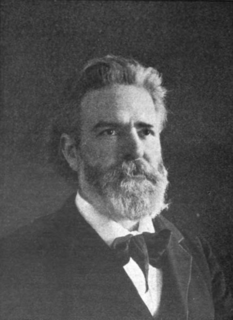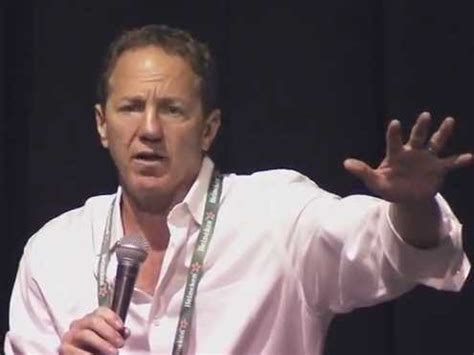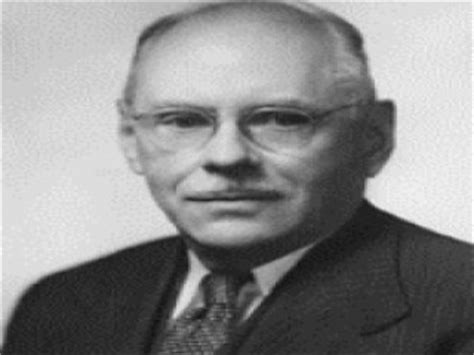Top 1200 Quality Goods Quotes & Sayings - Page 20
Explore popular Quality Goods quotes.
Last updated on April 19, 2025.
Collective insurance policies and social protections have given way to the forces of economic deregulation, the transformation of the welfare state into punitive workfare programs, the privatization of public goods and an appeal to individual accountability as a substitute for social responsibility.
In Cuba, we have a democracy that represents the humble, the dispossessed, those who make up the vast majority of the population. It is for those who carry the main weight of society's load in matters of the production of goods and services. These are not the ones that live from financial speculation.
What quality is shared by all objects that provoke our aesthetic emotions? Only one answer seems possible— significant form. In each, lines and colors combined in a particular way; certain forms and relations of forms, stir our aesthetic emotions. These relations and combinations of lines and colors, these aesthetically moving forms, I call ‘Significant Form’; and ‘Significant Form’ is the one quality common to all works of visual art.
Technological civilization... rests fundamentally on power-driven machinery which transcends the physical limits of its human directors, multiplying indefinitely the capacity for the production of goods. Science in all its branches - physics, chemistry, biology, and psychology - is the servant and upholder of this system
If I were to give a summary of the tendency of our times, I would say, Quantity. The multitude, the mass spirit, dominates everywhere, destroying quality. Our entire life--production, politics, and education--rests on quantity, on numbers. The worker who once took pride in the thoroughness and quality of his work, has been replaced by brainless, incompetent automatons, who turn out enormous quantities of things, valueless to themselves, and generally injurious to the rest of mankind. Thus quantity, instead of adding to life's comforts and peace, has merely increased man's burden.
Cuba was neo-colony of the United States and still suffers a blockade. So, therefore, the consumer goods and so forth, we don't have here, especially when you leave the city areas it's a spartan life. But what is impressive about it is what is coming about. It's the future that all these socialists look forward to.























































